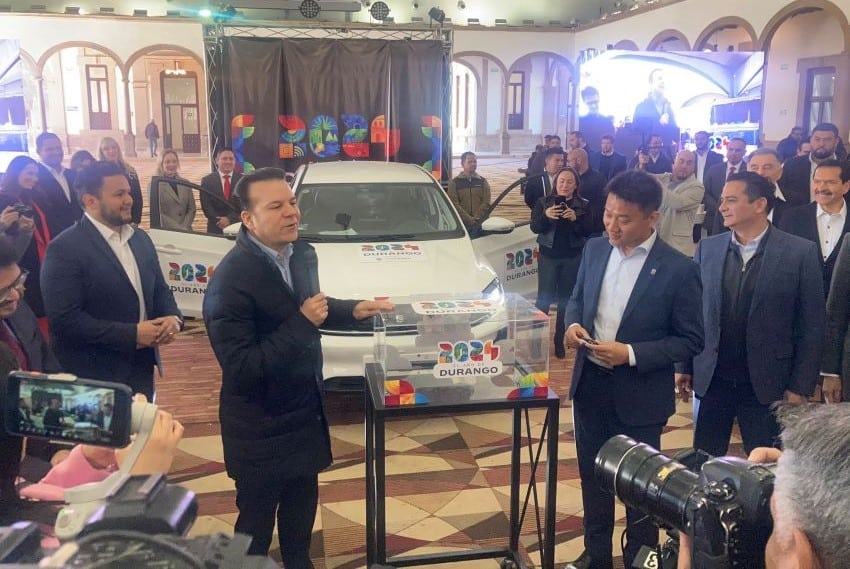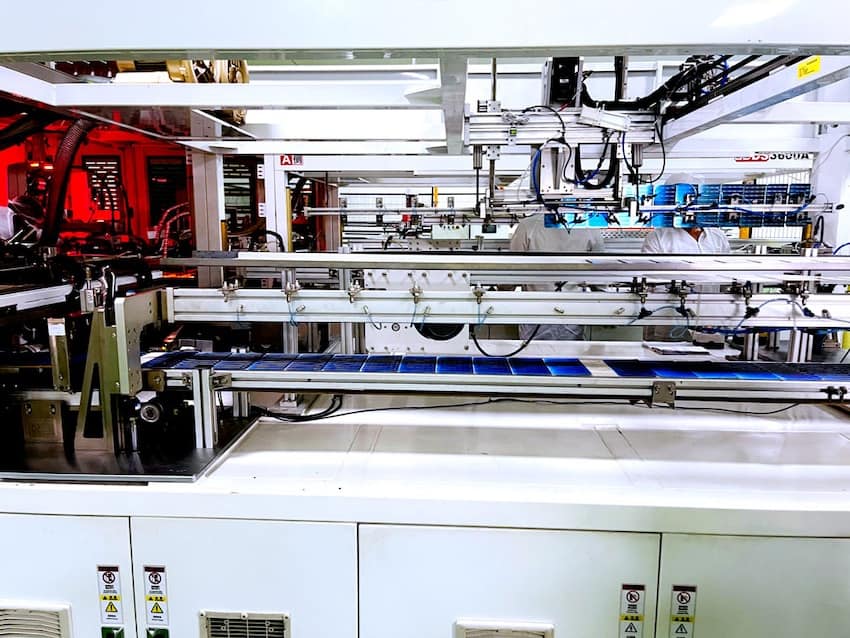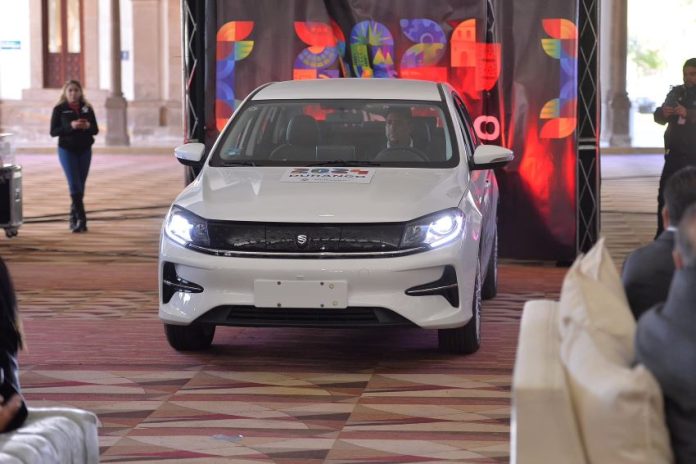The Chinese company Solarever Electric Vehicles (SEV) plans to build a new plant in the state of Durango with an investment of 6,800 million pesos (US $397 million), Durango Governor Esteban Villegas announced on Monday.
Construction on the plant will begin in late February or early March and will be completed before the end of the year. The factory is expected to produce 5,000 electric vehicles (EVs) in its first year and 20,000 in its second, with an eventual production capacity of 50,000 vehicles per year.

The factory will generate 1,000 direct jobs in its first stage and will be based in the Durango Logistics and Industrial Center, near the state capital of Durango city. SEV has also committed to bringing new technologies and clean energy products into the state, under a long-term partnership with the government of Durango.
The project is the biggest so far to come out of Villegas’ tour to China last August, which focused on Durango’s potential to develop EV and semiconductor production, in the context of nearshoring.
“Several months ago we went to China, and they said it would take four or five years to bring in a company of this size,” Villegas said. “But the dream had begun to crystallize in August, and by September the ambassador came with a work team, including Solarever.”
“What interested them most was the people and talent of Durango, which has large public and private universities,” the governor added. “The challenge was to get a first company like this to arrive and trigger the arrival of many more; today it’s becoming a reality.”

After SEV’s announcement, Villegas said that Durango is expecting the arrival of at least 15 additional foreign companies, of Chinese, French and U.S. origin.
Daniel Romo, head of business intelligence at Directorio Automotriz, said: “The SEV plant will start producing with parts shipped from China for final assembly in Mexico, and gradually become less dependent on imports as it builds its local and national sourcing networks. Surely this investment will attract other Chinese commercial partners to the region to supply this manufacturer.”
Initially, SEV will import the necessary parts via Durango’s international airport and rail network, and use this same infrastructure to export vehicles internationally. The company has a presence in the United States, Canada and Colombia, but also plans to supply the growing Mexican EV market.
It will start out producing three models – the E-WAN Cross, the E-TUS sedan and the E-NAT. Subsequently, it plans to unveil a fourth model, designed to be more compact and affordable than the E-WAN Cross, which is currently the cheapest EV available in Mexico.
“At SEV we are committed to developing Mexico’s national electric vehicles, so that the population can acquire their cars, travel comfortably and enjoy clean energy at a low cost,” said SEV president Simon Zhao.
With reports from El Economista and Cluster Industrial
